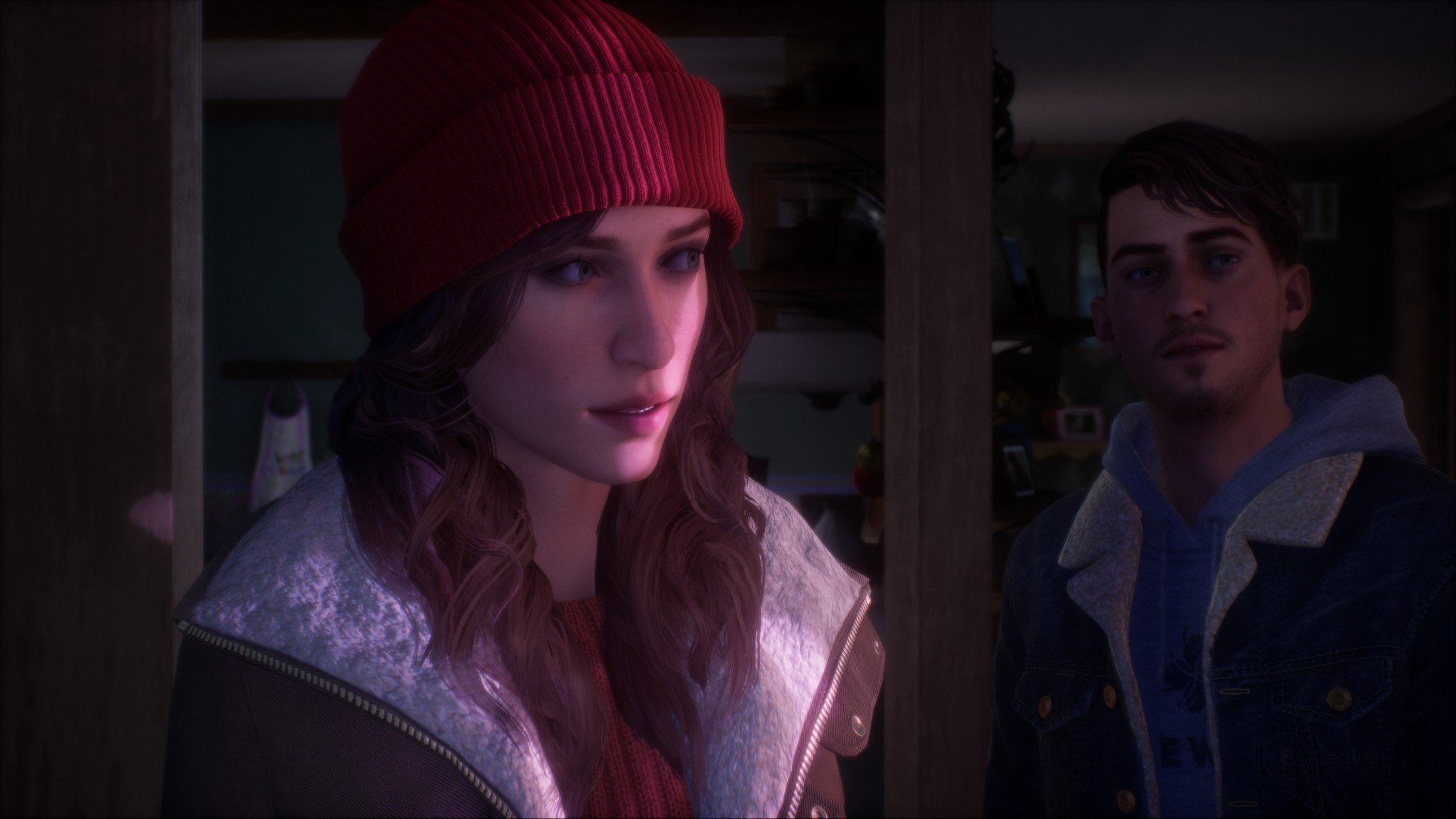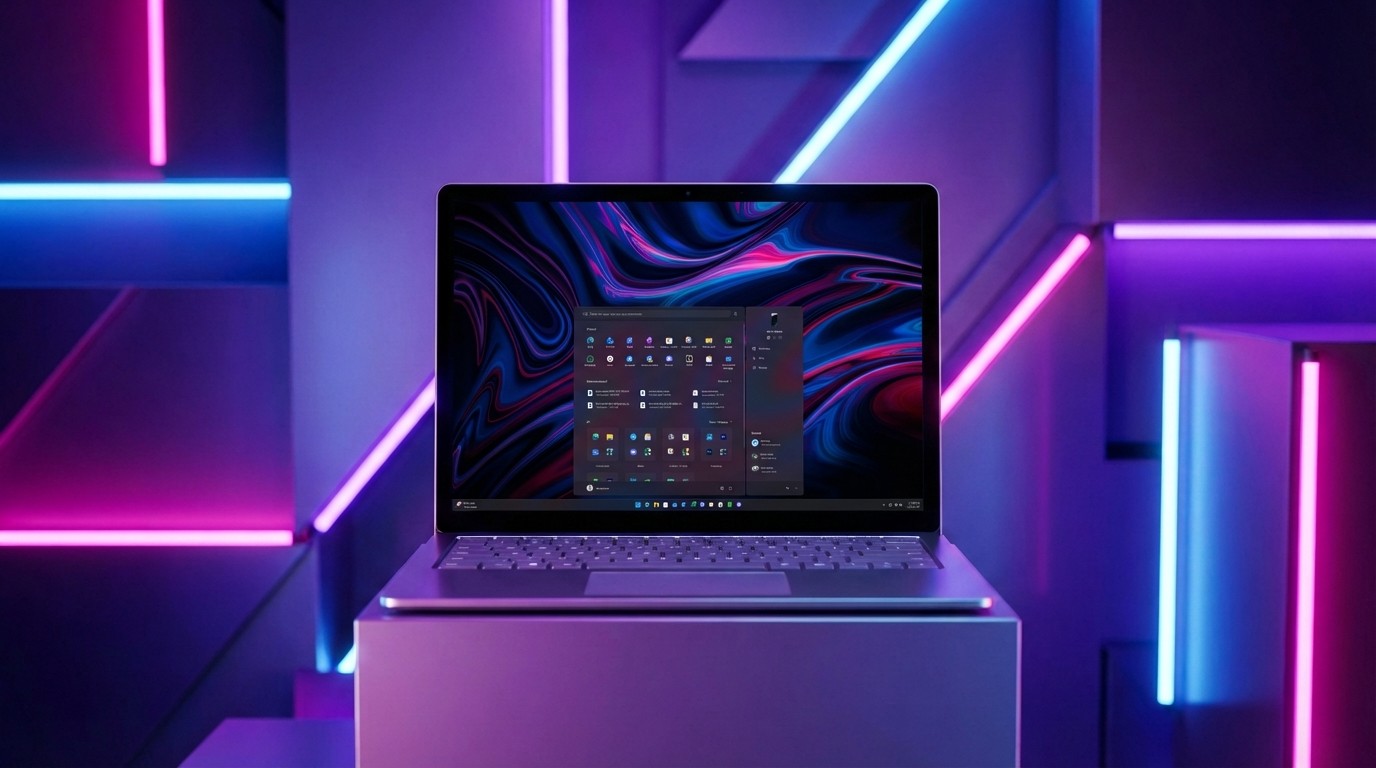Dontnod Entertainment has found great success with its episodic narrative adventures, particularly in the form of Life is Strange. That series set a high bar for what we've come to expect from Dontnod in terms of characters and stories, as well as how the studio handles topics a lot of developers would shy away from, like LGBT issues and mental health.
For the purposes of this review, I'll try to keep it as spoiler-free as possible. Because Tell Me Why is a narrative-focused game, you might see some minor plot and character spoilers.

Bottom line: Tell Me Why respectfully deals with sensitive topics and tells a meaningful story about grief and trauma. The performance and dialogue can be janky at times, but that shouldn't deter you from this experience.
Pros
- Respectful of LGBT and indigenous peoples
- Likable and nuanced characters
- Meaningful conversations
Cons
- Decisions don't feel impactful in the moment
- Cannot run
- Audio periodically cuts out
- Lip syncing issues
Disclaimer: This review was made possible by a review code provided by Microsoft. The company did not see the contents of the review before publishing.
Tell Me Why What I like

| Category | GameNameXXX |
|---|---|
| Title | Tell Me Why |
| Developer | Dontnod Entertainment |
| Publisher | Xbox Game Studios |
| Genre | Adventure |
| Xbox Version | Xbox One X |
| Game Size | 19.1GB |
| Play Time | 10 hours |
| Players | Single-player |
| Xbox Game Pass | Yes |
| Launch Price | $30 |
Tell Me Why centers around the Ronan twins, Tyler and Alyson, with flashbacks to their childhood. At the beginning of the game, we learn that Tyler has spent ten years in a youth correctional facility for killing his mother, who he believed was threatening his life as a child because he is transgender. The story picks up when Alyson and Tyler reconnect and go back to their home in Delos Crossing, Alaska to sell their old house. During this time we see them uncover what exactly happened the day the twins' mother was killed and the events leading up to it. It's not at all what it appeared to be on the surface, and part of the fun, for lack of a better word, is unraveling this mystery.
While the story is a bit short — it only spans three episodes — it felt complete by the end, not stretched out too long and not rushed. The shining star was undoubtedly Tyler and Alyson's relationship. It's clear they care for each other and will go to great lengths to protect one another, as evidenced by a decision Tyler makes early on that drastically changes the course of their lives. Despite spending ten years apart and suffering a strained relationship as a result, they mend these bonds over time.
An integral part of this relationship is something they call "our Voice." Essentially, it's a play on the twin telepathy belief and it allows them to communicate with one another in their thoughts, going so far as to share emotions. Going a step further, the twins can also conjure up memories that they may have previously forgotten, allowing them to explore past events to shine a new light on what had happened during their childhood. I like the way that Dontnod used this to explore their grief. Sometimes Tyler and Alyson would remember vastly different accounts of a memory, and it makes you question just how much you can trust your own memories. Do we remember what we want to remember for our own comfort?
The shining star was undoubtedly Tyler and Alyson's relationship.
At the end of the game, I was happy where Alyson and Tyler ended up. Their relationships with other characters, particularly Alyson's adoptive father Eddy and the twins' friend Michael, were stronger than they've ever been. In my playthrough, they made peace with their tragic past and moved forward together.
All the latest news, reviews, and guides for Windows and Xbox diehards.
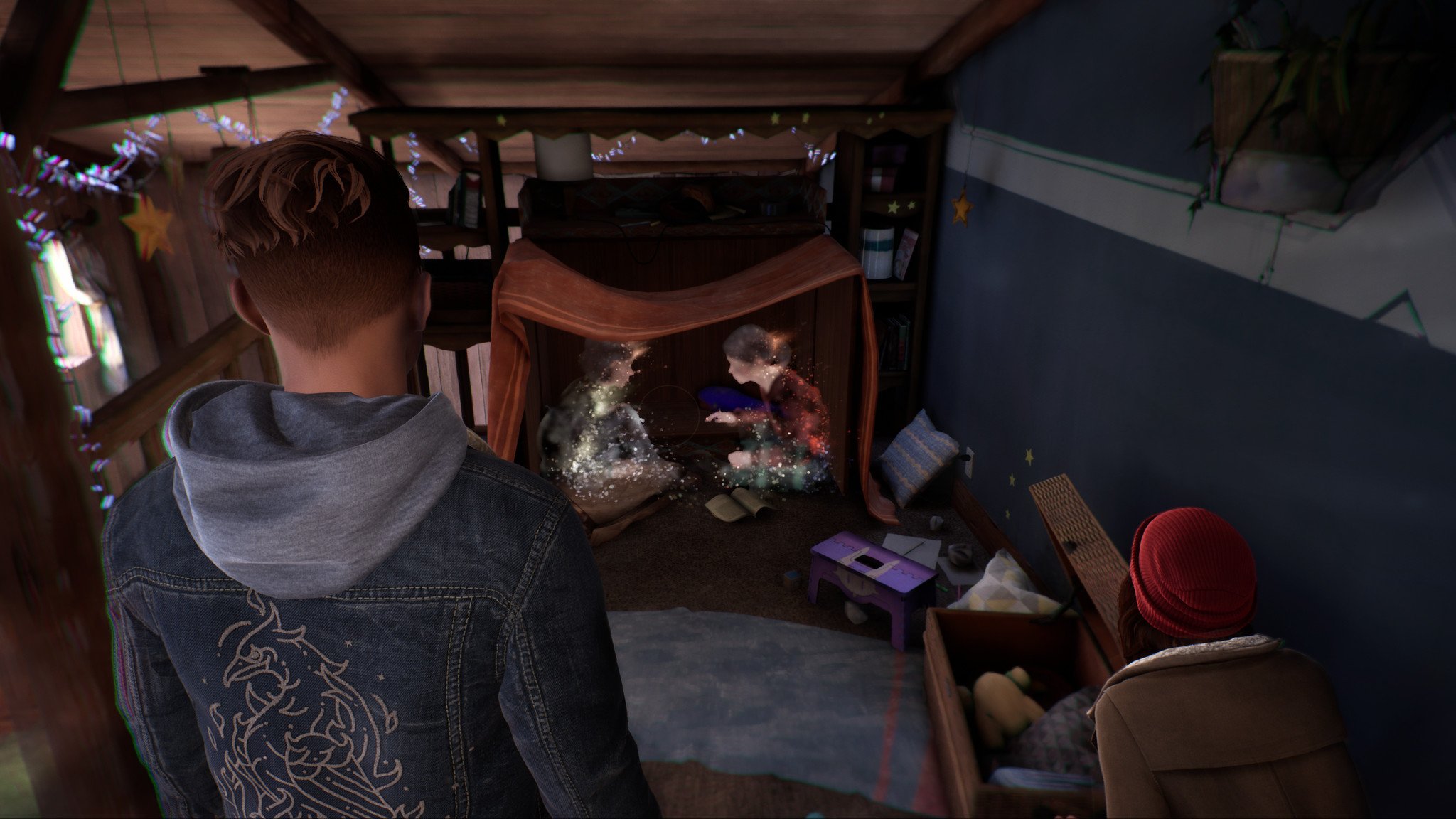
Because it takes place in Alaska, several prominent characters are Tlingit, one of many Native Alaskan peoples. I can't remember a game as respectful to indigenous cultures as Tell Me Why other than Never Alone, a 2015 platformer that was developed with Alaskan indigenous writers and groups. Truthfully, I can't remember any games that include indigenous peoples at all, let alone Alaskan Natives. They're a severely underrepresented group in most forms of media.
Tell Me Why was developed in partnership with GLAAD and the Huna Heritage Foundation, along with expert transgender, indigenous, and mental health consultants to ensure that the game's themes and characters were portrayed with respect. Microsoft even created an email alias for reviewers where we could email those same experts to discuss the game. They didn't have to do this, but I really appreciate that they did. At the very least, it shows a serious commitment towards their diversity efforts, even if there's still a long way to go.
Tell Me Why What I don't like
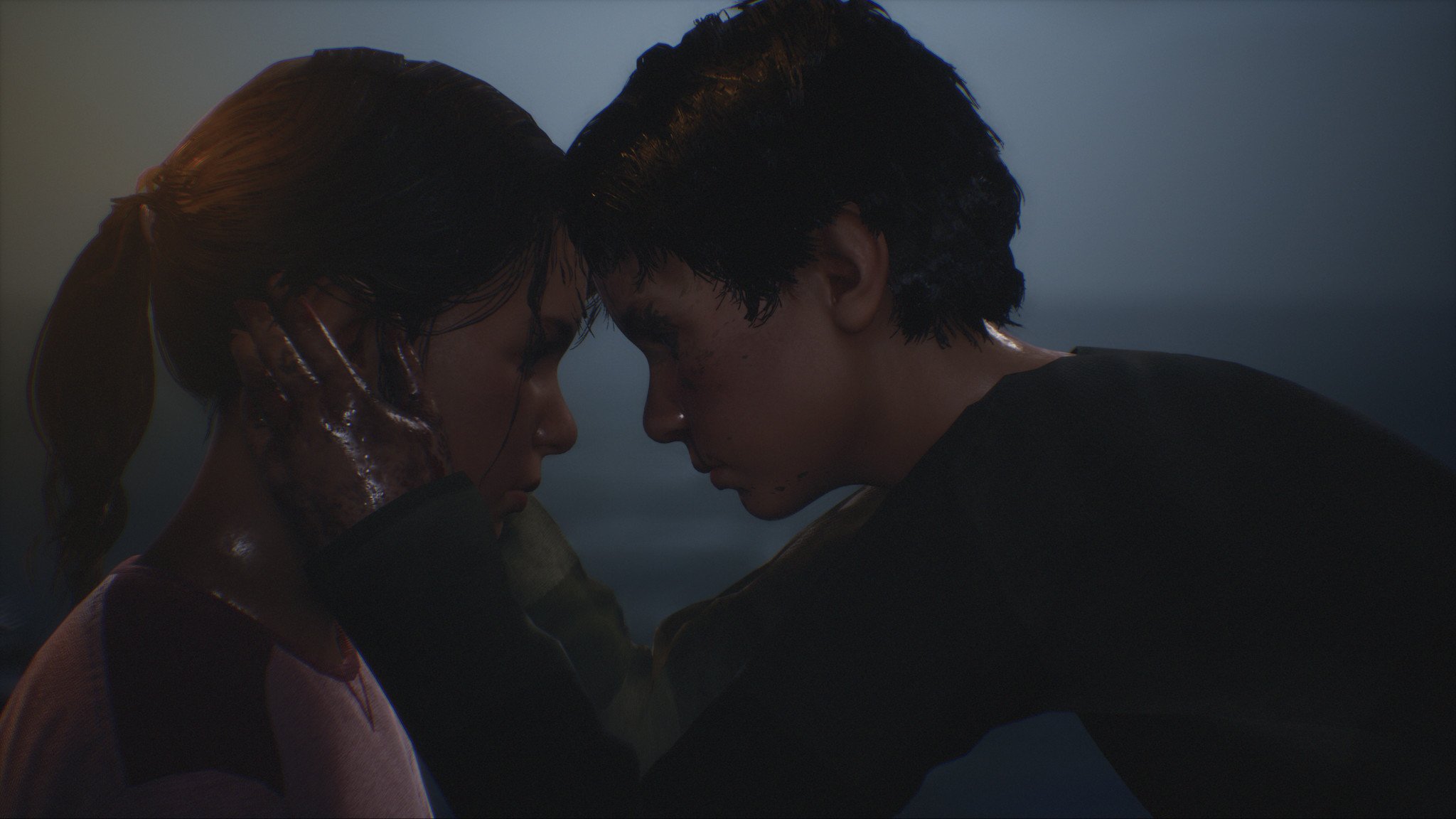
If you've played Life is Strange, you know that Dontnod has somewhat of a penchant for awkward and stilted dialogue. That returns in Tell Me Why, but it's much less egregious. Sometimes you can't even hear the dialogue at all because it will cut out sporadically for a few seconds. Combined with some lip-syncing issues, you'll definitely want to keep subtitles turned on. These problems are par for the course with a Dontnod game like this, but still worth mentioning — and they could be fixed before the game releases in a patch.
Decisions in Tell Me Why also don't feel as impactful as they probably should. That's not to say your choices don't matter, but I never felt that my choices would have a drastic effect on anything. This isn't true, in the end, because your choices do change certain scenarios and outcomes. I just don't feel like these were conveyed well in the moment. In games like this, I'll usually stress over making a decision and wondering what might happen if I choose the "wrong" option. I never worried in Tell Me Why because I felt that I was making decisions true to myself and the characters, which were the "good" options. The consequences of a "wrong" choice seemed very low stake.
Tell Me Why Should you buy it?
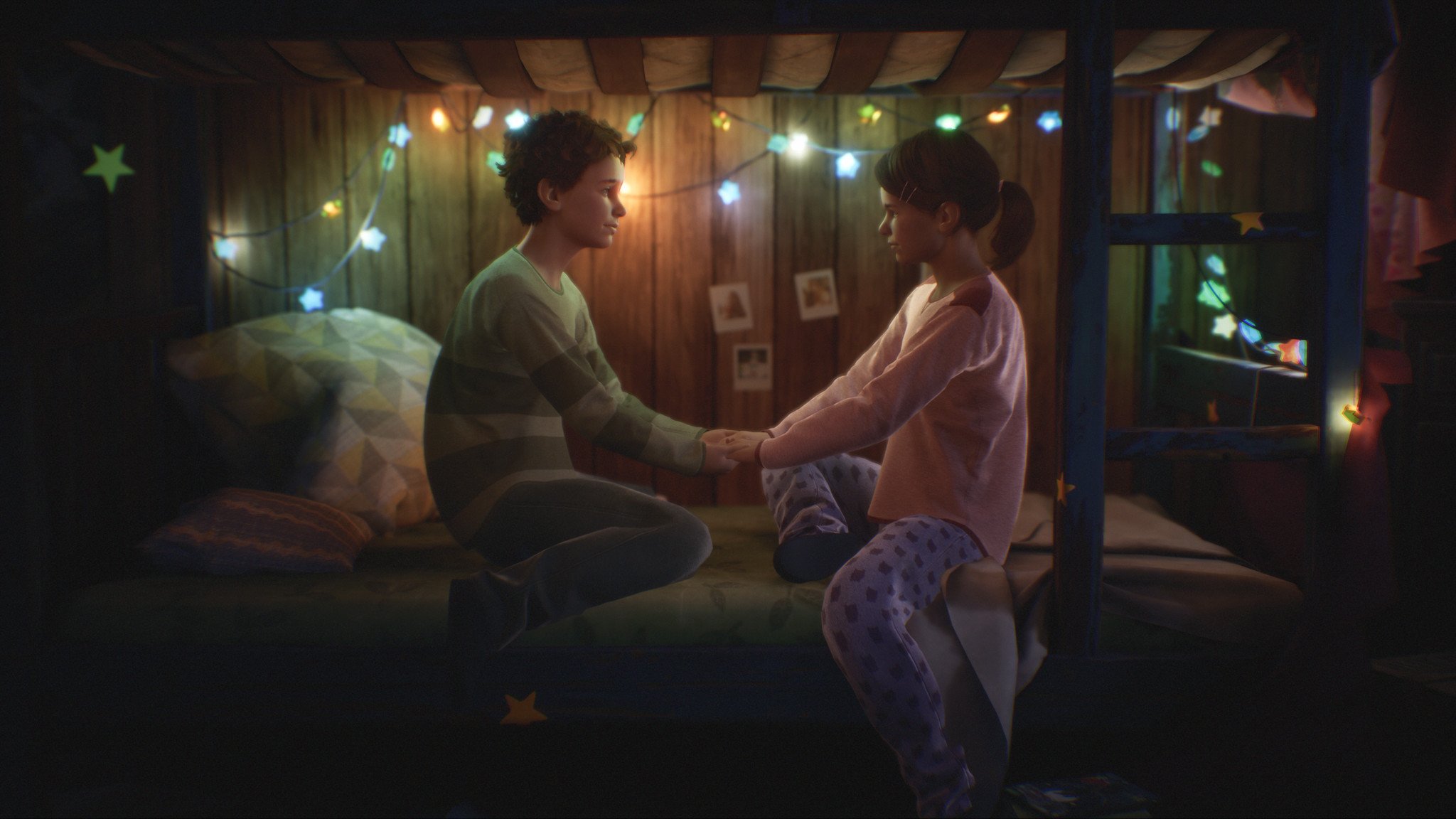
Fans of Dontnod's previous work on the Life is Strange series should definitely check out Tell Me Why. I don't believe it reaches the same heights, but it certainly tells a story worth telling in regards to grief, trauma, and growing up queer. Dontnod's always found success in creating lovable characters, and it's no different here with Alyson and Tyler.
Your decisions don't always feel important and the game struggles with some performance and audio issues, but this didn't ruin my time with it. I still explored every nook and cranny, interacting with every object I could find just to understand its world and characters a little bit more.

Jennifer Locke is a Former Contributor for Windows Central, having played video games nearly her entire life, and is very happy Xbox is growing a stronger first-party portfolio. You can find her obsessing over Star Wars and other geeky things on Twitter @JenLocke95.
